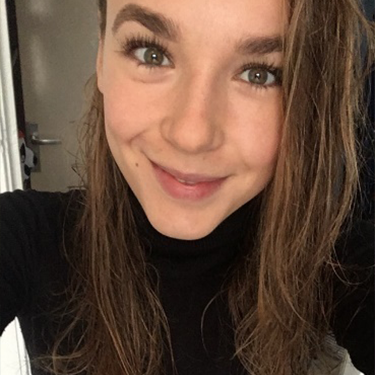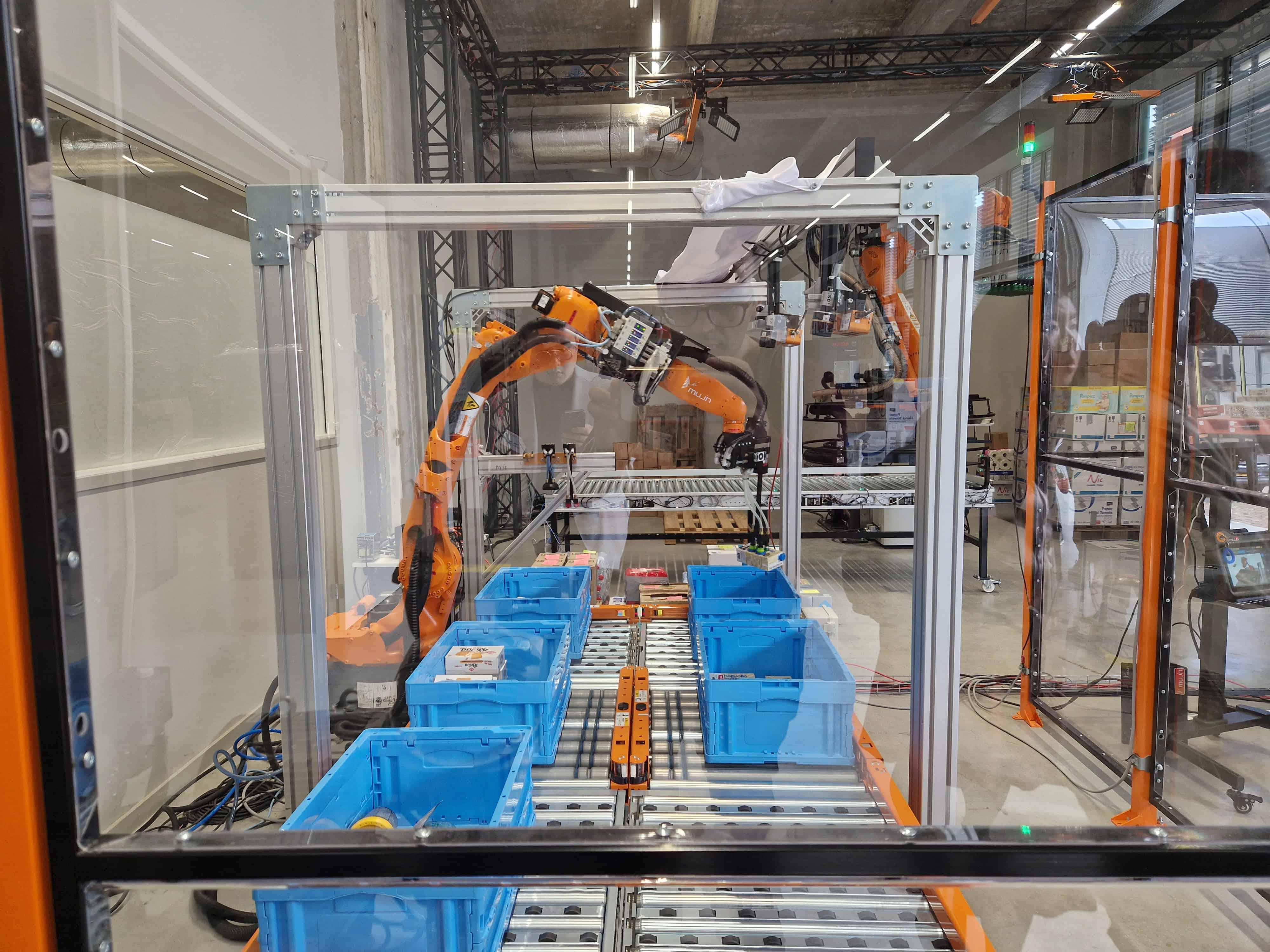
A group of students from the Dutch city of Groningen have launched a voluntary, multi-faceted online initiative. This is aimed at helping locals and ex-pats through times of loneliness and problems associated with current social distancing measures.
While the global job market has seen a spike in unemployment and sparked concerns about an impending economic recession, the future also seems less certain for students and full-time workers. Although doors have proceeded to close on physical meetings and manual labor, others see an opportunity to make the best out of a trying situation. By providing services which connect Groningen citizens to one another.
The students who set up Helpende Hand (Helping Hand in English) explained during several online interviews how their social initiatives came about. And how social distancing can be transformed into a unifying communal endeavour.

A helping hand for citizens
“It started out as a way to offer help to people of any age who are unable to leave their house for whatever reason.” That’s what founder and Clinical Neuropsychology student Dyanthe Brouwer told Innovation Origins during an online chat. “But since March the 13th it has rapidly grown into something much bigger.”
The Helpende Hand voor hulpbehoevende stadjers (Helping Hand for city folk who need help, ed.) organization promotes six social initiatives. More are being planned for when the quarantine phase is over. With a team presently made up of eight people, Brouwer is especially keen on bridging the gap between Dutch and international students via various projects.
In line with an appeal from the RIVM (the Dutch National Institute for Public Health and the Environment), the platform has already created a strong online presence on Facebook. They’ve done this by providing e-learning, coordinated grocery services, book exchange initiatives and much more.
Lemons into lemonade
Spearheaded by Valentina Sagmeister and Lisa Bolt, the latest initiative debuted at the end of March. It focuses on recurring creative workshops. Planned to air twice a week, the creative sessions are designed to create a digital hangout spot for old and new friends to chat and catch up with or even entertain each other.
The group’s self-set agenda is made up of several activities. These include music sessions, cooking, games, or just regular conversation. It aims to always adapt to curveballs that might be thrown at them by any new government restrictions.
“With every sector, like university or work, everything is affected so quickly that you just end up dealing with whatever comes your way. We don’t even have time to immediately adapt perfectly to something. You just improvise as you go along. Seeing that every day brings more news and developments,” Sagmeister stated.
Amidst ongoing cancellations of festivals, events, and gatherings, the two Helpende Hand volunteers are optimistic about providing a reliable platform that safeguards a sense of security and well-being.
Networking for a social cause
Her newfound friend and team coordinator, Sagmeister, is a student from Austria who became aware of her circle of friends experiencing increased feelings of negativity and boredom due to a lack of social contact. This, she said, was something she had anticipated after monitoring responses to the Covid-19 crisis across the globe.
“I saw it evolving in other countries. That felt like, okay, it’s going to happen to us anyway,” she reflected. Sagmeister pointed out that her friends both home and abroad were starting to feel more lonely. This left them with the sense that they “want to be involved in some kind of activity.”
Sagmeister believes that her creative sessions on Skype may encourage public discourse among the international community beyond the Dutch border. As well as help those who do not have many people they can talk to. Instead of just speaking to friends at home, she added, having conversations with foreigners who are now based in Groningen. This creates a type of interconnected social hub.
“I have a friend that comes from Brazil and he moved here. It’s also a totally different situation there. But it’s nice to have people that live in the same city, going through the same thing. We can discuss anything from The Netherlands to their home countries,” she clarified.
Snowball effect
The team leaders have also reached out to Mindwise. This is the communication platform of the department of Psychology at the University of Groningen. This way, they hope to achieve a “snowball effect.” As in, with respect to finding more community members within their university who might be interested.
“We’re in touch with other groups and frequently post on Facebook. The rest just needs to start rolling,” Bolt explained her initiative’s planned organic audience outreach.
Owing to the growing interest in it, the start-uppish organization as a whole is determined to expand its network further according to demand. Its website is about to add an English version. The team is also intent on working together with other student groups and organizations.
“It’s not about reach, though. If we have five people who have a good time because of the creative sessions, we have already succeeded in terms of our goal,” Bolt added.








